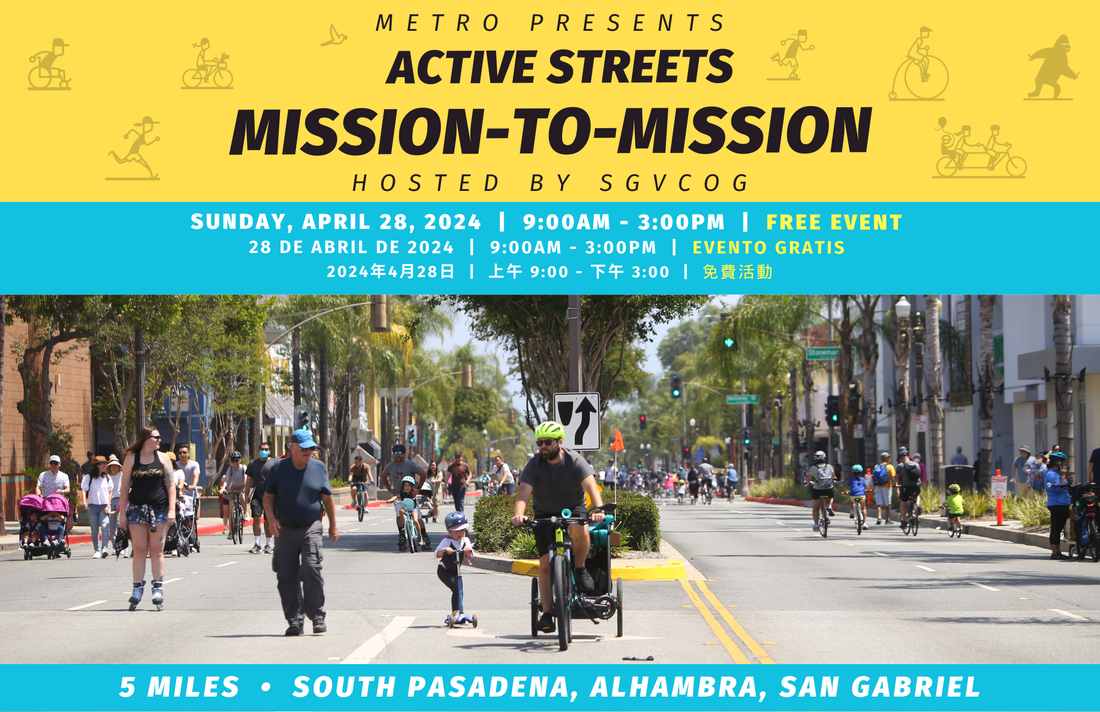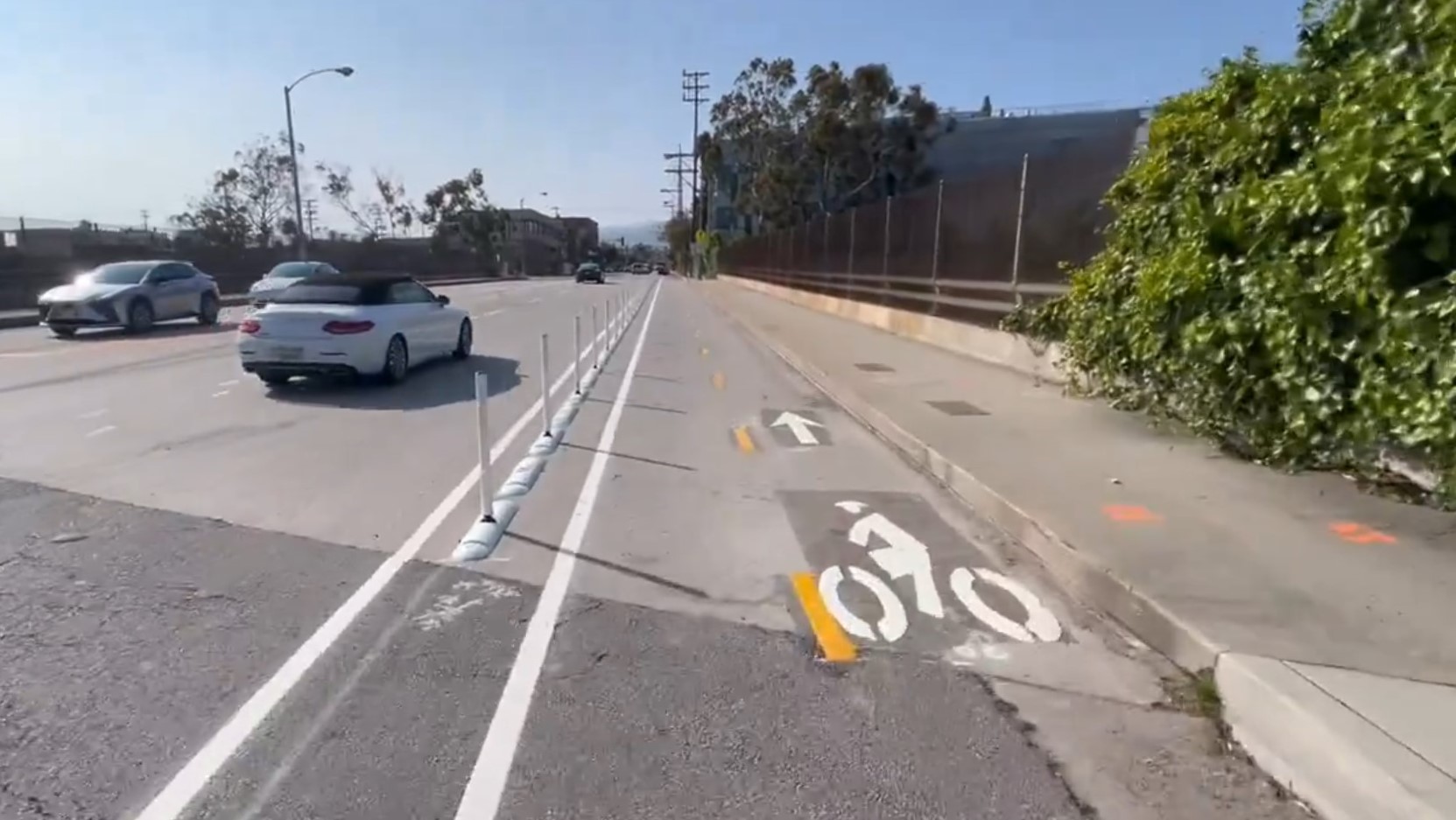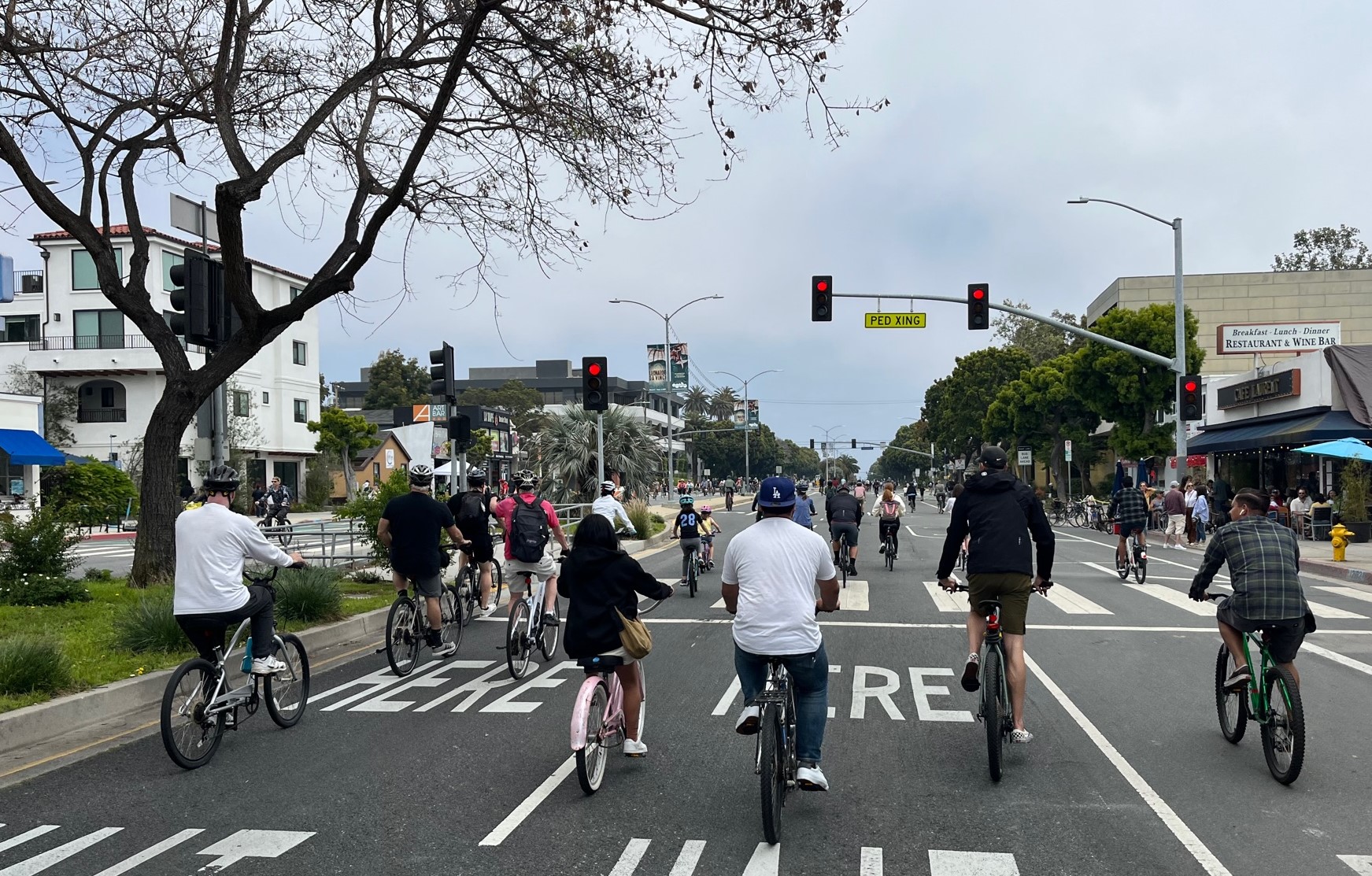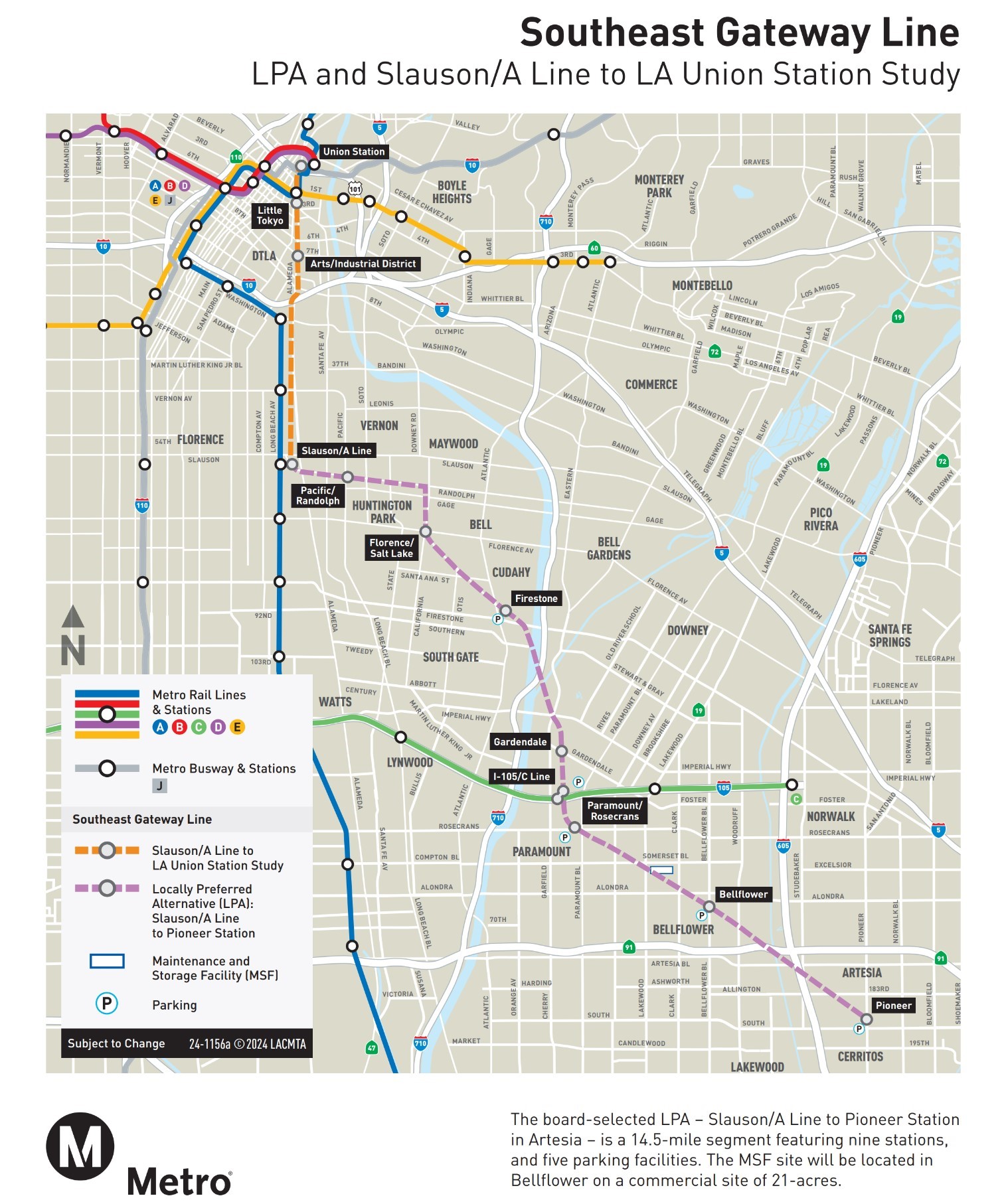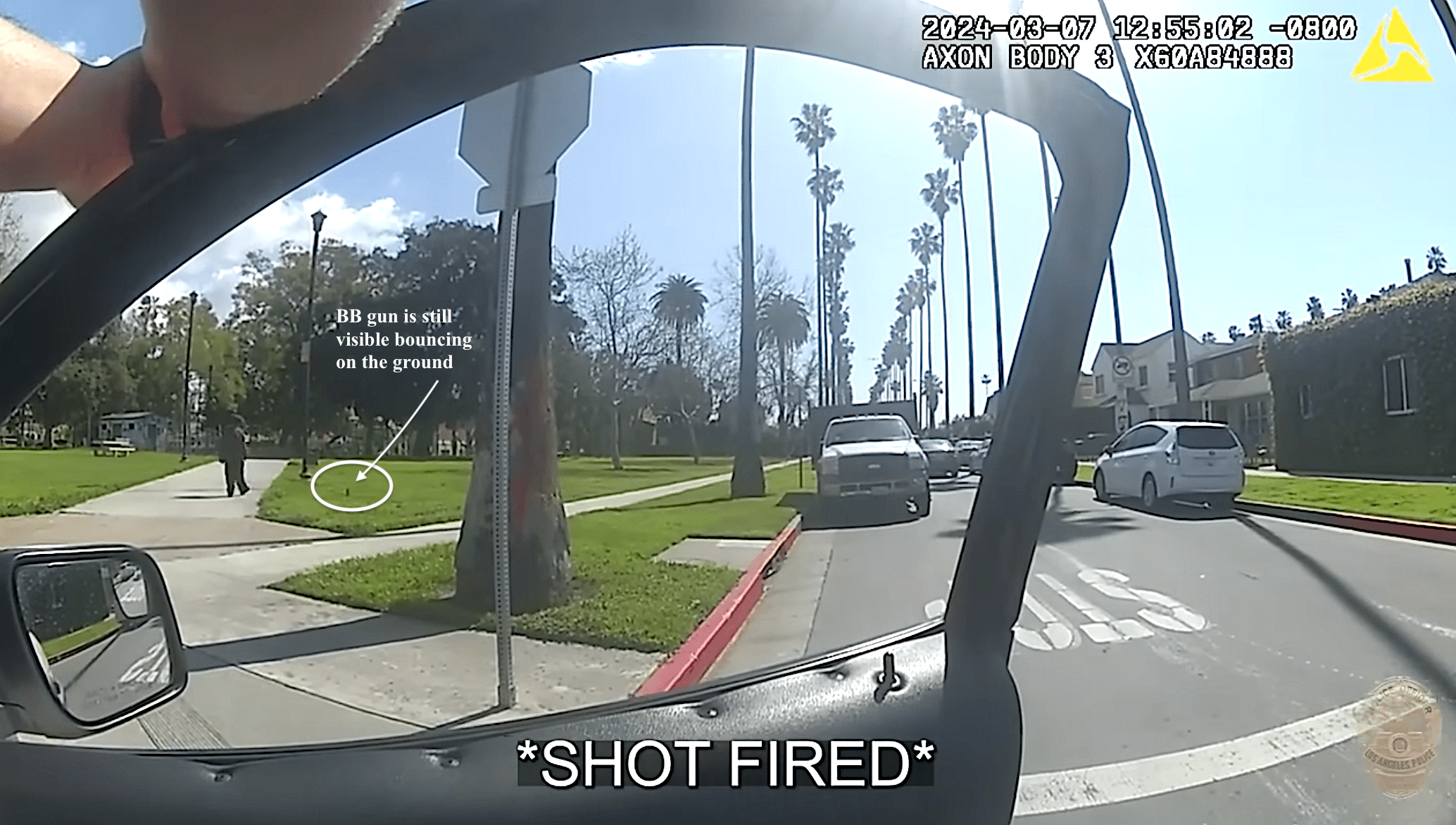Out of Town
If You Build It with Less Parking, They Will Still Come
Stay in touch
Sign up for our free newsletter
More from Streetsblog Los Angeles
This Week In Livable Streets
Active Streets Mission-to-Mission, LAPD reports on its use of force in 2023, Pasadena Transit plans, Metro subway construction, and more
Eyes on the Street: Santa Monica Connection from E Line Bike Path to Downtown Is Almost Complete
“Always be closing gaps in your bikeway network.”
CicLAvia Opens Venice Boulevard – Open Thread
CicLAvia opened six miles of Venice Boulevard - from Culver City Station to Venice Beach
LAPD shoots, strikes unarmed unhoused man as he walks away from them at Chesterfield Square Park
The newly released briefing video depicts Robles as non-compliant and claims officer Gomez-Magallanes shot him for pointing a weapon at officers, but body cam footage shows Gomez-Magallanes continued to fire at - and ultimately hit - Robles after he turned away and tossed the BB gun aside.

